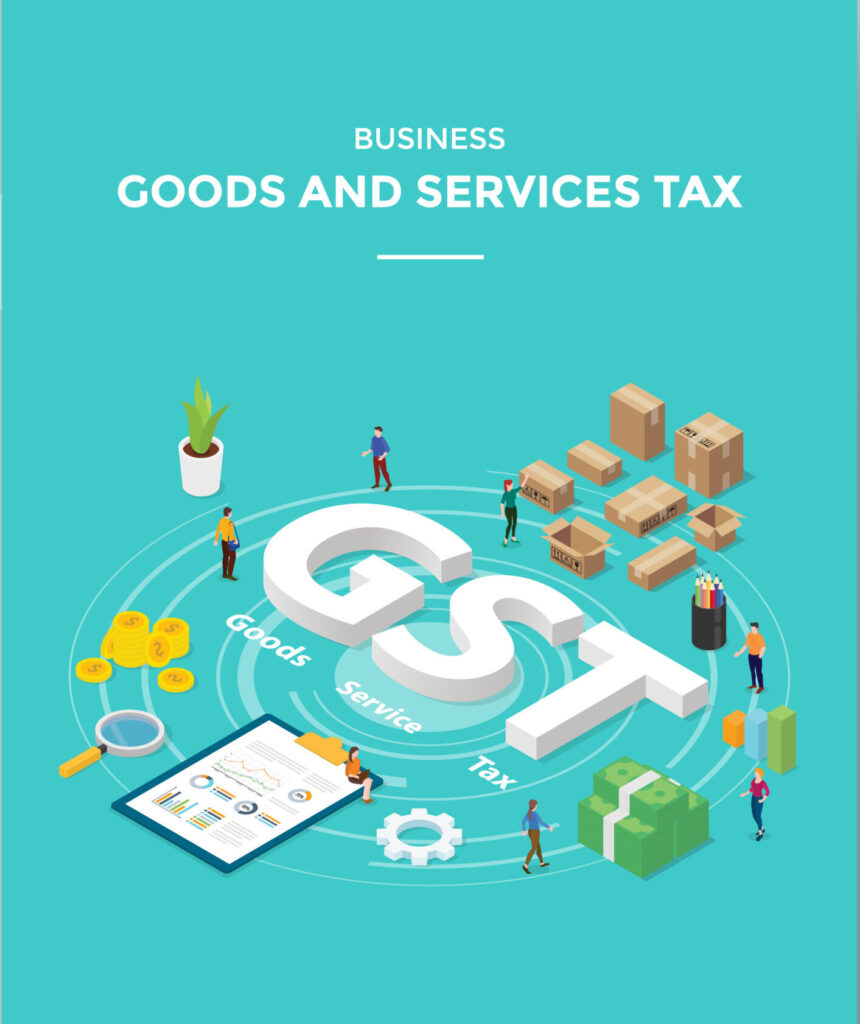15 Lakh Non refundable grant – MSME IDEA HACKATHON 4.0 – Deadline : 08th October 2024
+91 9879905165
15 Lakh Non refundable grant – MSME IDEA HACKATHON 4.0 – Deadline : 08th October 2024
+91 9879905165

Under Goods and Services Tax (GST), all goods and services, except petroleum products, require registration. This unified tax system replaces various state and central taxes. Businesses with turnovers up to Rs 40 lakh are exempt, while those up to Rs 1.5 crore can opt for a Composition Scheme, paying minimal taxes.
Entities with sales exceeding Rs 40 lakh must register for GST to benefit from Input Tax Credit. Interstate transactions also mandate GST registration.
GST registration is a vital requirement for businesses operating in India, as it simplifies the taxation system by replacing multiple indirect taxes with a single, unified tax. Registering under GST provides numerous benefits, including input tax credit, broader market reach, and adherence to the country’s tax laws. Maintaining GST compliance is crucial for businesses to avoid penalties and ensure seamless operations in the evolving tax landscape.
Our GST Registration Services:
At Utkrasht, we streamline the GST registration process, ensuring full compliance with all legal requirements. Our comprehensive services include:
Consultation and Advisory:
Our experienced consultants offer expert guidance on the GST registration process, eligibility criteria, and documentation requirements.
Document Preparation:
We assist in preparing all necessary documents, including identity proof, address proof, and other business-related documents required for GST registration.
Application Filing:
Our dedicated team handles the filing of the GST registration application with the Goods and Services Tax Network (GSTN), ensuring accuracy and efficiency throughout the process.
Registration Follow-up:
We maintain communication with tax authorities on your behalf, addressing any queries or clarifications required during the registration process.
Post-Registration Compliance:
We provide ongoing guidance on post-registration compliances, including filing GST returns, maintaining records, and fulfilling other GST-related obligations.
Ensure GST compliance for your business with Utkrasht’s reliable and efficient GST registration services. Contact us today to learn more about how we can assist you in navigating the GST landscape and ensuring a smooth transition into the GST regime.
Contact Information:
For more information or to initiate GST Registration, please visit our website or contact our dedicated team via email or phone. We are here to address your queries and guide you through the GST registration process, ensuring a seamless and compliant experience.
Incorporating a startup in India usually involves several key steps. These steps typically include registering the business name, acquiring a Director Identification Number (DIN) and Digital Signature Certificate (DSC), preparing the Memorandum of Association (MoA) and Articles of Association (AoA), and submitting the incorporation documents to the Registrar of Companies (RoC).
Registering as an MSME brings forth a host of advantages, including access to government schemes and subsidies, priority sector lending, protection against delayed payments, eligibility for tax benefits, and expanded market opportunities.
A private limited company stands as an independent legal entity, affording its owners limited liability protection and accommodating multiple shareholders. On the other hand, a sole proprietorship represents an unincorporated business solely owned and managed by an individual, offering simplicity but lacking limited liability protection.
Indeed, obtaining a PAN (Permanent Account Number) is mandatory for incorporating a startup in India. PAN serves various tax and regulatory purposes, including opening a bank account, filing tax returns, and conducting financial transactions.
Absolutely, foreign nationals and Non-Resident Indians (NRIs) are permitted to incorporate a startup in India. However, specific conditions and regulatory prerequisites, such as obtaining requisite approvals, may be applicable depending on the nature of the business and the residency status of the foreign national.
Empowering Businesses for Unparalleled Success through Innovative Strategies, Dedication to Excellence, and Customized Solutions Tailored to Your Needs.
Note: Payments for services are only accepted in the name of Utkrasht Udhyog Seva Private Limited and the type of account is solely “Current Account” via NEFT/IMPS, RTGS , Razorpay and we do not accept payments on personal accounts or under any other name.
Chat with us